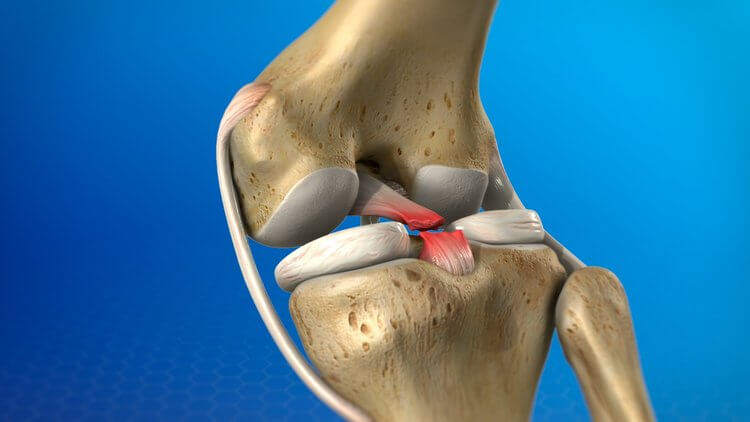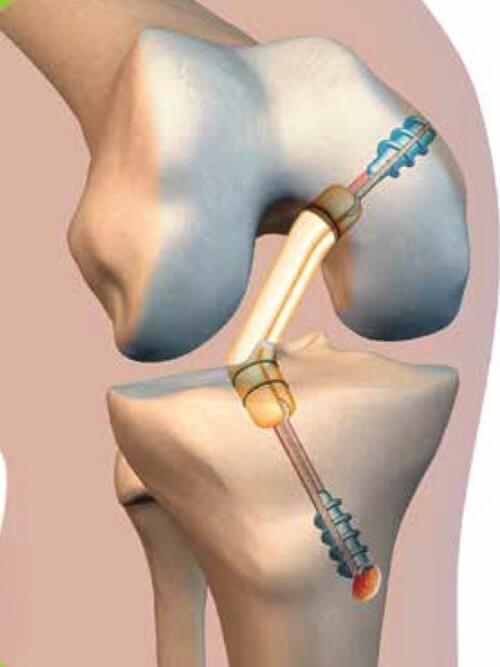
The Posterior Cruciate Ligament (PCL) is one of the main ligaments that connects the Femur (thigh bone) and the Tibia (shinbone). The PCL keeps the tibia from moving backward with relation to the thigh bone.
An injury to the PCL requires a powerful force. A common cause of a PCL injury is from a severe twisting injury or from a contact injury during sports. Another common injury mechanism is after a car accident when the driver or passengers’ knee is forced against the dashboard and the shinbone is pushed behind the knee, causing the PCL to tear.
A PCL tear or rupture can result in pain, swelling and/or instability of the knee. Thankfully it is an injury that can often be managed without surgery, using a special brace that Dr Balendra can organise for you. The brace needs to be worn for 3 months to ensure the PCL heals properly.
PCL Knee Surgery

Occasionally in the setting of high grade PCL injuries, old PCL injuries or combined/multiple ligament injuries, patients will need to undergo PCL reconstruction.
PCL reconstruction is a complex operation that should only be performed by a specialist knee surgeon due to the challenging anatomy at the back of the knee. Dr Balendra has performed numerous PCL reconstructions and you are in safe hands under his care.
PCL knee surgery is performed by borrowing your hamstring tendons to construct a suitable graft, which is then passed into your knee through tunnels that are drilled under Xray guidance.
Recovery

The rehabilitation after a PCL reconstruction is much more complex than after an ACL reconstruction. You will be required to wear a special brace for 3 months after the operation to ensure proper healing of the PCL reconstruction, and you will not be allowed to bear any weight on the operated leg for the first 6 weeks. After 6 weeks, under the guidance of your physiotherapist, you will slowly increase your weightbearing. Dr Balendra will work closely with your physiotherapist after the surgery to ensure that you get the best outcome.



